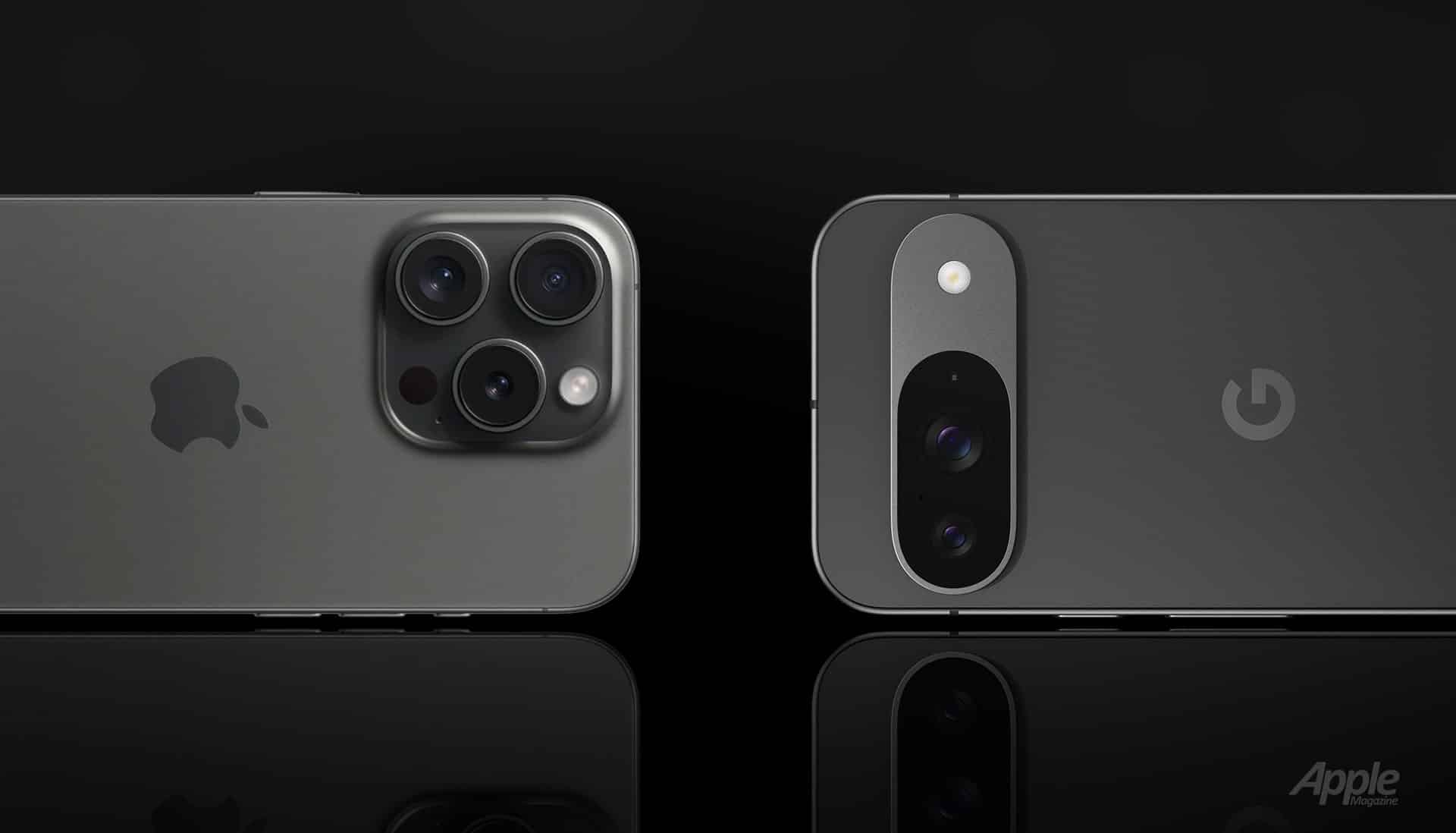Recently, these platforms have gained widespread popularity among users of all major mobile operating systems, as they allow users to potentially win real prizes through varied gameplay options. Now, in the relentless competition of iPhone versus Android sweepstakes apps, is there a winner? Let’s examine the specific advantages offered by each platform to the sweepstakes-loving users.
The Rise of Mobile Sweepstakes: A Dual-Platform Phenomenon
The transformation of traditional sweepstakes into a digital format has given birth to another avenue of mobile entertainment. Today’s sweepstakes casino apps at Casino.online are only a small branch of an entire ecosystem. It includes everything – from social games to shopping rewards.
These programs have changed the ways in which participants can interact with such systems based on chance to be much more dynamic. Although both Android and iPhone users can use a number of widely available popular sweepstakes apps, the differences in user experience on each operating system differ greatly due to the combination of platform infrastructure, developer guidelines, and user base characteristics.
Upon delving into the intricate details, it is clear that both iOS and Android possess benefits that appeal to sweepstakes enthusiasts. The differences in ecosystem structures impact everything from the availability of applications to the eventual user experience, creating distinct differences that could affect your success in sweepstakes.

iOS Advantage: Premium Experience and Enhanced Security
For players of sweeps, Apple’s closed ecosystem offers few particular benefits. For instance, the stringent review procedure of the App Store, while sometimes frustrating for developers, assures higher quality control and security standards. This works especially well for sweepstakes apps that deal with sensitive personal information and, at times, financial transactions. Additionally, the uniformity of iOS devices enhances the security of such information. Marked iOS devices also enable smoother user experience without needing developers to worry about fragmentation.
The demographic profile of iPhone users, who, by default, have a higher propensity to make in-app purchases than Android users, has turned out to be a perfect hypothesis for premium winnings-enabled apps to first launch on iOS or any other exclusive capabilities. Many App developers claim that there is a higher user engagement and conversion rate on iOS and, in turn, there is a better and more frequent opportunity for users on these platforms.
Moreover, the privacy features on iOS make users more willing to engage in sweepstake apps that request personal information. The operating system’s transparent tracking policies enable users to control their data while still benefiting from the functionality of sweepstakes applications.

Android’s Edge: Greater Variety and Accessibility
One area where Android shines is in ease of access and diversity. The more relaxed moderation by the Google Play store allows for the creation of a more diverse ecosystem of sweepstake apps, with a greater variety of niche apps serving specific interests. This open nature of the platform allows developers to test novel reward and promotion methods that would not get instant approval in the highly supervised Apple ecosystem.
With Android having a larger global market share also comes larger potential player bases for community-participation-based sweepstakes. This results in increased social interaction opportunities and in some cases, for certain applications, larger prize pools. For users in developing countries, Android often offers access to geo-restricted sweepstake apps that have yet to be released on iOS.
The flexibility of Android also permits alternative app stores that let users access unique sweepstakes participation applications that could not be accessed by ordinary means. This provides an avenue for unique promotions and reward programs to be accessed that the users on iOS would have completely missed out on.
Cross-Platform Trends Shaping the Future
Regardless of the differences, both platforms seem to be undergoing the same change in the development of sweepstakes applications. There seems to be an integration of real-life shopping experiences, augmented reality features, and blockchain technology-based rewards systems in both ecosystems. There seems to be a greater sophistication of social connectivity features across all devices, so users can let their friends join the sweepstakes without being restricted to the device they use.
Conclusion
At the end of the day, it all comes down to personal preferences and which platform is best for the user in regard to the various sweepstakes features. Generally, users of an iPhone would prefer having a smoother experience with better security features, while those on Android appreciate the variety and accessibility provided.

For the most passionate users of online sweepstakes, there is even value in being able to switch between different devices to enhance their experience with all the applications. No matter which operating system you prefer, there is always a chance to play, participate, and continue to expand with innovative ideas around the corner.








